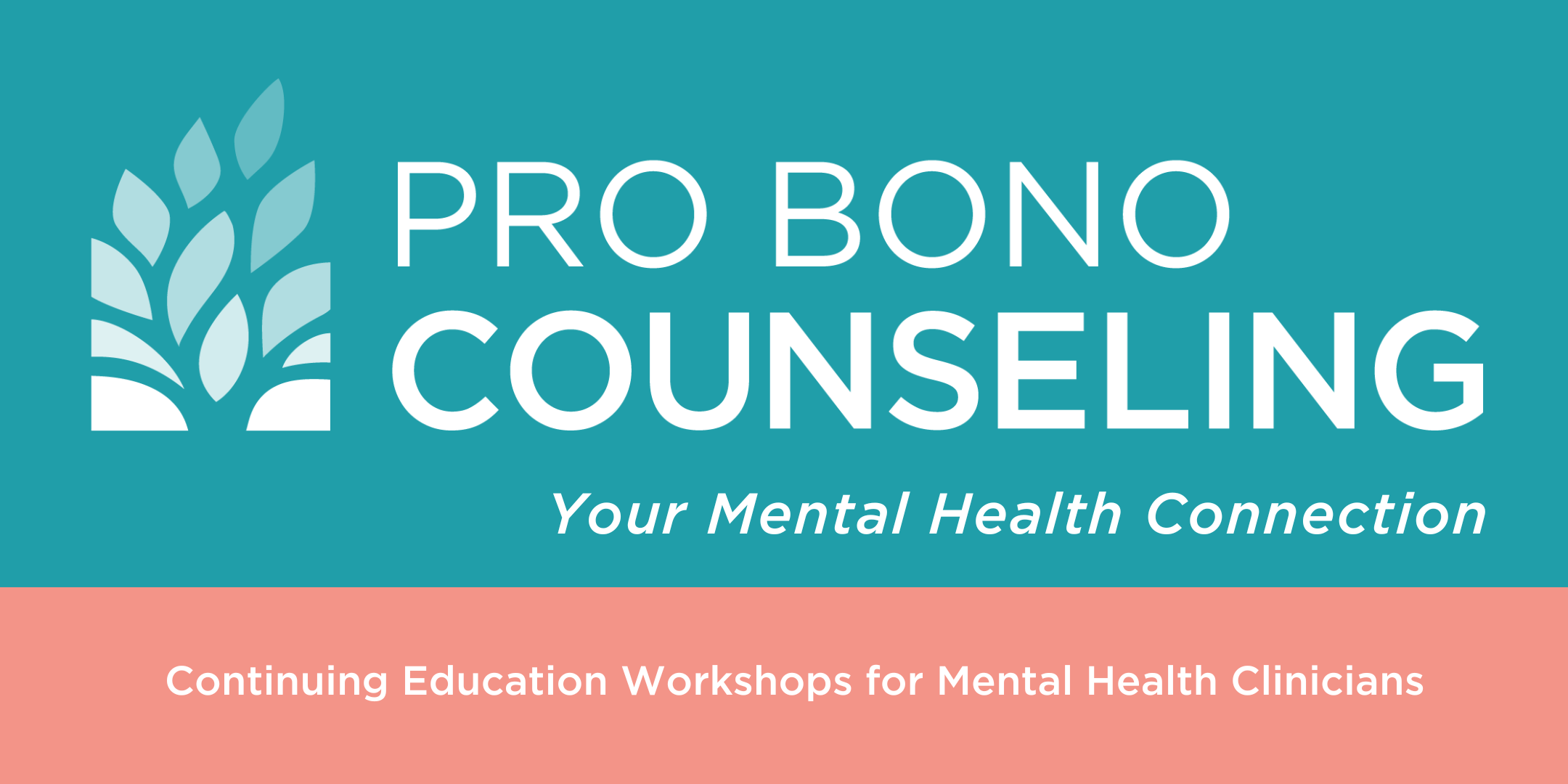2024 Professional Continuing Education Online Webinar
The Stages of Trauma and Recovery (STAR) Model 3.0
Tuesday, March 5, 2024, from 9:00 AM – 12:00 PM
Online Workshop – Three (3) CE Credits
Fee: $39/person
FREE for Active PBC Volunteer Clinicians
Featured Presenters: Lizette Ubides, LCSW-C; Kate Travers, LCSW-C
Session Description: The Stages of Trauma and Recovery (STAR) model is an innovative public mental health model which empowers and teaches individuals to claim ownership of their mental well-being and healing process throughout the lifespan. STAR provides a universal framework and language that can be used across systems. It is an evidence-based model based on a comprehensive body of research & clinical experience. STAR identifies & explains the effects of trauma & teaches accessible, affordable & sustainable, evidence-based, trauma-responsive techniques intended to be integrated into daily living activities. The techniques invite participants to experience mental health interventions in non-traditional, holistic ways that can easily be personalized and encourage participants to incorporate their own cultural rituals & traditions.
Learning Objectives:
At the end of this presentation, the participant will be able to:
- Define the six stages of trauma.
- Describe six trauma-responsive techniques supporting recovery.
- Analyze the summary of the STAR Model.
- Identify three trauma-responsive techniques that you can integrate into your mental health practice.

Presenter Bio: Lizette Ubides, LCSW-C
Lizette Ubides, LCSW-C was born and raised in the Bronx, NY and is a Graduate from New York University Clinical Social Work Department. For over 20 years Ms. Ubides has provided mental health treatment to mixed aged and at-risk individuals within various clinical settings. Ms. Ubides has led several startup programs and collaborative projects: The Bronx Truancy Prevention Program and The Community of Hope Collaborative, Baltimore City. She has held several administrative positions within the Westchester County Child Advocacy Center, Sheppard Pratt, and Building Families for Children. Ms. Ubides presently works for Johns Hopkins, JHHCG. She is a Field Instructor for The University of Maryland and Hood College and was a Graduate Adjunct Professor at the University of Baltimore within the Criminal Justice Department. Ms. Ubides is a SAMSHA certified Train the Trainer in Trauma-Informed Care and has collaborated with Harper Hill Global to present TAMAR to Spanish speaking faith-based organizations. Since 2016, Ms. Ubides has been the Founder and Chief Executive Officer of Responsive Recovery and the co-author of The Stages of Trauma and Recovery (STAR) Model (©2019) an innovative and interactive public mental health model intended to teach individuals skills to tenure their mental health.

Presenter Bio: Kate Travers, LCSW-C
Kate Travers, LCSW-C: a graduate of University of Maryland has 20+ years of experience working with trauma survivors in systems ranging from international adoptions to the prison system to treatment foster care. Ms. Travers was a regular contributor to Fostering Families magazine and had several chapters published in The Kinship Care Toolbox and maintains a parenting blog. She is the co-author of the children’s book Sometimes Really Bad Things Happen. Travers’ primary focus of treatment is to enable clients to heal their attachment and trauma wounds. She is trained in Eye Movement Desensitization and Reprocessing (EMDR) and the Safe and Sound Protocol (SSP). Ms. Travers is a Trust-Based Relational Intervention (TBRI) Practitioner and Educator. She has worked with trauma survivors in all stages of life. Ms. Travers is the Chief Innovations Officer at Responsive Recovery and the co-author of the innovative public mental health model: The Stages of Trauma and Recovery (STAR) Model. (©2019). She is the co-owner of a group practice in Columbia, MD- A Healing Place which was voted to be one of the Best in Howard County in 2019 and 2021.
Workshop registrants will receive a code prior to the webinar to log on to Zoom and participate in the online session.
IMPORTANT: Attendance will be monitored. Participants must be logged on to the meeting by the workshop start time and participate in the entire event in order to earn CE credit.
Pro Bono Counseling is approved by the American Psychological Association to sponsor continuing education for psychologists. Pro Bono Counseling maintains responsibility for this program and its content. The Maryland Boards of Social Work Examiners and Professional Counselors and Therapists certify that this program meets the criteria for three (3) credit hours of continuing education for social workers (Category 1), professional counselors, and therapists (Category A) licensed in Maryland.
CE credit is granted to participants with documented attendance at individual workshops. Attendance is monitored. Credit will not be granted to registrants who log on late or depart early from a session. It is the responsibility of registrants to comply with these requirements.
By registering for this event, all participants agree to abide by the following code of conduct:
Workshop Code of Conduct
Pro Bono Counseling (PBC) is dedicated to providing a positive continuing education experience for everyone of all backgrounds and identities. We do not tolerate disrespectful behavior or harassment of workshop participants, facilitators, or PBC staff in any form. We do not tolerate discrimination or harassment on the basis of characteristics that include but are not limited to: gender, gender identity and expression, age, sexual orientation, disability, physical appearance, body size, citizenship, veteran status, pregnancy status, race, ethnicity, or religion. Anyone asked to stop unacceptable behavior is expected to comply immediately. If a participant engages in unacceptable behavior, PBC may take any action it deems appropriate, including warning or expelling the offender from the event with no refund.
Workshop Views Disclaimer
The views expressed by the workshop presenter(s) and participants are their own opinions and do not represent Pro Bono Counseling, and do not imply an endorsement of them or the organizations they represent.



